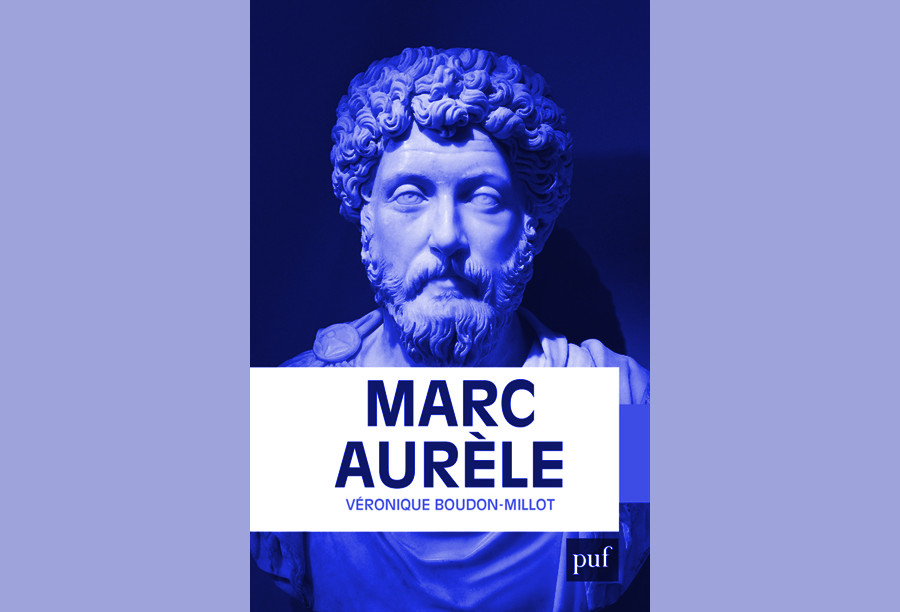Marcus Aurelius, described as a philosopher emperor, was the most powerful man in the world in 161 A.D., as the Roman empire he led was at its peak. Although resolutely endowed with immense power, his questioning and reflections made him a person deeply sensitive to the human condition. Having come closer to Greek stoicism through his readings and his preceptors, he took up the torch of this philosophical trend to which he made a substantial contribution by publishing a collection of reflections grouped together in a work entitled Meditations. Let’s look at the key ideas to be retained from his work.
1- Evil only affects us if it corrupts our values
Evil is a universal experience; it crosses our path on a daily basis and to varying degrees. We can see evil in different forms, it can be microaggressions, a real will to harm us or simple negligence against our person. Evil is a reality that cannot be denied, but it only has a hold on us when it penetrates our heart. As long as evil is external, we can resist it. To live in harmony in a wicked world, we must be able to remain impervious to it. Even if we suffer injustice, our response must not itself be one of dishonesty or corruption.
2- Controlling our inner teenager
We all have a teenager in us who slumbers, who wants to indulge his or her desires, who wants laziness to take over. Controlling the teenager is about discipline and striving for a higher ideal than satisfying our most basic needs. Imagine that you are a ship and that each of the entities that make up the ship is represented by crew members. The sailors who work in the holds of the ship help to propel it, but they are blind, they need to be guided by the captain who is at the controls. As you may have gathered, the deckhands represent your passions while the captain represents your spirit and nobility. If the sailors – the passions – are necessary to move forward, they need to be guided by a clear-sighted captain – the spirit – who shows them the correct direction to go. The teenager, on the other hand, will tend to neglect his spirit and let his passions guide him, even though they are as blind as the sailors working in the darkness of the ship’s hold.
3- Keep in mind the existence of death so that daily worries lose their importance
In the face of death, everything fades away. If you tend to worry about things, whether they are trivial or not, remember the inevitable march of time that leads to certain death. If you make the effort to weigh your worries against the reality of death, you will be able to gradually detach yourself from your greatest anxieties, whether it is the gaze of others that weighs on you or the frustration of not having achieved your goals for example.
4- Interpret things that happen to you in a positive way
There are many ways to approach mishaps. You can decide to come out bitter or on the contrary to come out stronger. Anything good or bad that happens to you can turn out to be incredible material as long as you have the eye, heart and mind to turn it into gold. If you are wise enough, you can always find a new way to approach a seemingly negative situation with a grateful eye and learn to become better.
5- Problems are created in the mind
Many times it is our mind that amplifies things until they get out of hand. Taking the time to reconsider things and “replay the movie” in our mind can help us see things as they are and not amplify a phenomenon beyond reason. Freedom lies in the control of our mind.
6- Your rational mind is your greatest asset
Emotions often distort reality. As seen before, reason is the captain of your being. If you let your likes and dislikes direct you too much, you run the risk of arriving at a destination you would not have originally considered.
Other things to remember:
Marcus Aurelius shows his gratitude to all the people who helped refine his character. He owes what he has become to many of the people around him, whether it be his grandfather, his parents, his tutors or his wife. He thanks his grandfather for teaching him to be frank, modest and even-tempered. His father taught him humility, calmness and frugality. His mother taught him generosity and non-materialistic living. His teachers taught him the value of hard work, self-discipline, equanimity, rationality, humor and tolerance. From his teachers, he also learned to love practical philosophy, rather than the metaphysics, logic and vanity of the sophists.
Marcus Aurelius invites us to think and speak in such a way that we would not be ashamed if someone were to be a spectator of what we say or think. There is nothing more precious than a mind that pursues truth, justice, temperance, fortitude, rationality, etc. So be resolute in the pursuit of the good.
We can find refuge in our spirit at any time if it is serene. It is futile to try to prove to others that what one does is virtuous. A virtuous act is virtuous in itself if it is not recognized by others. It is better to control oneself in doing good and not to pay attention to what people think.
Virtue is its own reward. One should not seek to be rewarded for the good deeds one has done.
One’s opinion of oneself is much more important than the opinion that others have of one. Being in agreement with oneself is much more valuable than pleasing others, it is the necessary condition for happiness.







